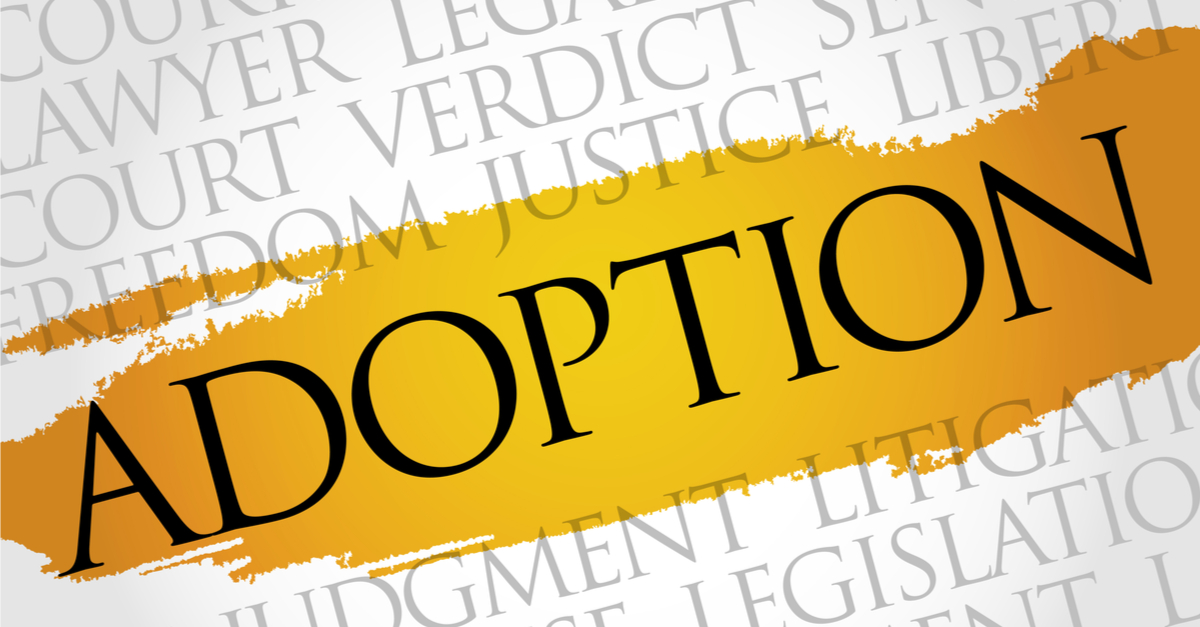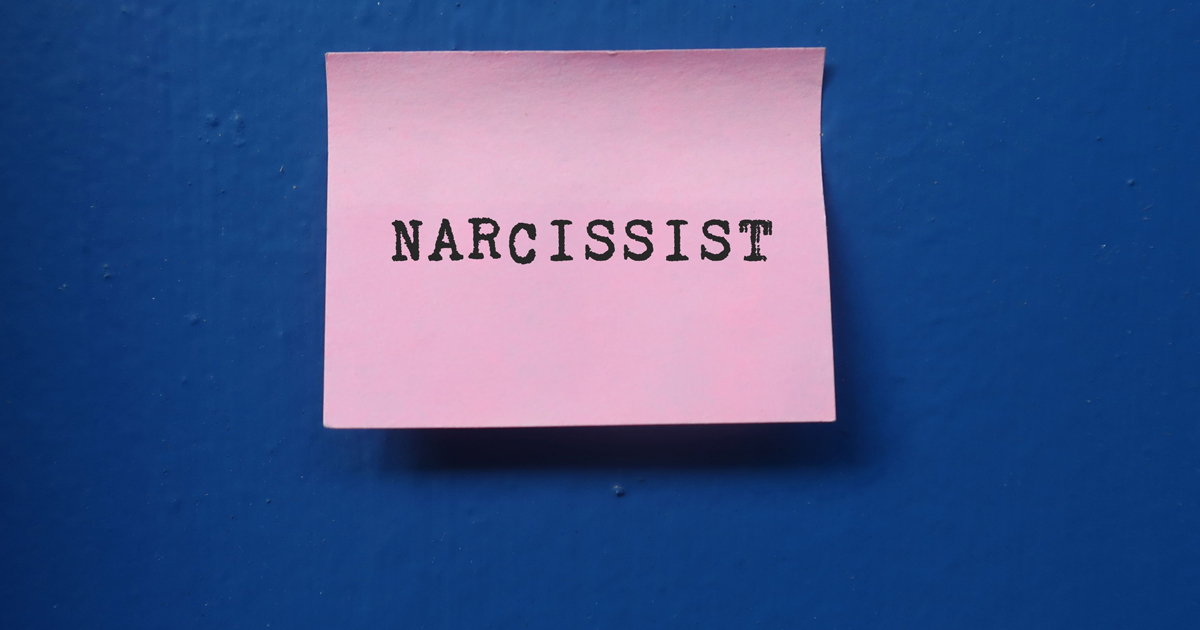What is adoption?
Adoption is a legal process where parental rights over a child are conferred to the applicants. The relationship between the biological parents and their child is severed and replaced with a legitimate relationship between the applicant(s) and the child. In Singapore, the process is governed by the Adoption of Children Act (ACA).
What are the effects of adoption?
The purpose of adoption is to render the relationship created just like a relationship between a lawfully married couple who conceive their own child. Upon a successful adoption, every aspect of parental responsibility and authority will be subsequently borne by the adoptive parents. Similarly, the adopted child is entitled to succeed to the intestate estate of the adoptive parents when they die, and any reference to the child or children in the adopter’s will generally be construed as including a reference to the adopted child.
What is the process of adoption?
- Interested applicants should first attend a Pre-Adoption Briefing by the Ministry of Social and Family Development (MSF) before identifying a child for adoption or beginning the adoption process.
- The process begins with identifying a child for adoption, either informally, through commercial agencies or more formally by the Adoption Service of MSF. During this stage, officers may arrange visits to the home where the child may possibly be adopted to.
- Potential parents will then be advised to submit an application to the Family Court. The Family Court will appoint a Guardian in Adoption (GIA) to protect the interests of the child through the entire process. A Child Welfare Officer (CWO) will also be appointed to conduct the necessary interviews regarding the applicant’s family.
- Both the GIA’s recommendation of whether the adoption serves the welfare of the child and the CWO’s report will be used to determine the suitability of adoption.
- If the Family Court grants the adoption, the Family Court will inform the Registry of Births & Deaths as well as the Immigration and Checkpoints Authority to issue a new Birth Certificate for the child.
You may refer to the Ministry of Social and Family Development website for the detailed process.
Can I make further changes to the adoption order after it has been concluded?
Once the application for adoption has been concluded, no one may further apply to the court seeking to make any change to the adoption order. This includes altering the adopted child’s name.
Who is the Guardian in Adoption (GIA)?
After an application for adoption is submitted to the Family Court. The Family Court will appoint a GIA who is tasked with safeguarding the interests of the child. The GIA is responsible for ensuring that the requirements of the law for adoption and the proper considerations are made. The GIA will also assess how the child relates with the potential parents. While the GIA’s report is highly influential in the court’s decision, courts need not necessarily follow the GIA’s recommendation.
Can I adopt a child from outside Singapore?
In line with the UNCRC, Singapore recognises that inter-country adoption may be considered as an alternative means of child care. However, attempting to adopt a child from a foreign country will involve a couple more steps apart from having to obtain the consent of the foreign country. The prospective parent must first fulfill the requirements of the foreign country and then bring the child into Singapore on a Dependant’s Pass to begin the adoption process in Singapore.
Specifically, in order to adopt a child from the People’s Republic of China, the identification of the potential adopted child must be done strictly via the China Centre for Children’s Welfare and Adoption.
What are the requirements that must be met for adoption?
- The child must be under the age of 21 years as once the child is past the age of 21 and becomes an adult, there is no longer any point in irrevocably severing the relationship with her parents or creating a new relationship with another set of parents.
- The child cannot have been married before. There is no exception to this requirement even if the child’s marriage has ended, be it naturally (eg, by death of the spouse) or unnaturally (eg, by divorce of annulment).
- The applicant cannot be under the age of 25 years. Where two persons apply to become adoptive parents, both must meet this minimum age. However, there can be exceptions in instances where the applicant and the child are close blood relatives or when the court finds that it is exceptionally right to allow the adoption.
- There must at least be a 21-year difference between the age of the child and the person seeking to become the child’s adoptive parents. However, there can be exceptions in instances where the applicant and the child are close blood relatives or when the court finds that it is exceptionally right to allow the adoption.
- A sole male applicant is generally not allowed to adopt a girl unless there are special circumstances.
- The applicant must be living in Singapore with some degree of permanence.
- The child must also be resident in Singapore or must be allowed into Singapore on a Dependant’s Pass issued to the child on the application of a parent or guardian who is also resident in Singapore.
- For joint applicants, both parties must be married to one another.
In addition, three requirements must be satisfied before the Family Court will allow the adoption:
- Most crucially, the adoption must serve the welfare of the child. If this requirement fails, the entire application will fail.
- The consent of every person or body connected with the child must have been obtained; and
- There must not have been payment in connection with the adoption. Where money was paid, the court must approve of it before the adoption order can be made.
What are the possible outcomes of the application?
There are five possible outcomes of an adoption application depending on how satisfied the court is. From the least to most desirable to the applicant, the court can:
- Make no order – this is when the application is completely dismissed. While the applicant is not denied from submitting another application, the Family Justice Rules require that the court must first be convinced that there has been a substantial change in the circumstances of the case.
- Adjourn the proceedings to allow the applicant more time to build a stronger case – this signifies that even though there may have been negative impressions on the case, the court is willing to hear more.
- Make an interim order – this is when the applicant receives custody of the child for a probationary period of not more than two years and it is possible that under this order, the child will still remain under supervision of the GIA.
- Make a conditional adoption order – this is when the court allows the adoption but imposes certain terms and conditions.
- Make an unconditional adoption order – this is a successful application which authorises the applicant to adopt the child without condition, and the full effects of adoption are put into motion.
Can the adoption order be reversed or canceled?
Once the adoption is successful, parenthood continues for life. The decision cannot be easily reversed or cancelled. It is only in very narrow circumstances where the adoption order may be re-considered, for example, if the court did not possess the authority to make the order or if there were any false representations.
Can a child be re-adopted?
It is possible for a child who has been adopted once to be subject to adoption again by a different adoptive parent or set of parents. The process will be exactly the same, just that the first set of adoptive parents will now give their consent to the re-adoption as parents of the child.












